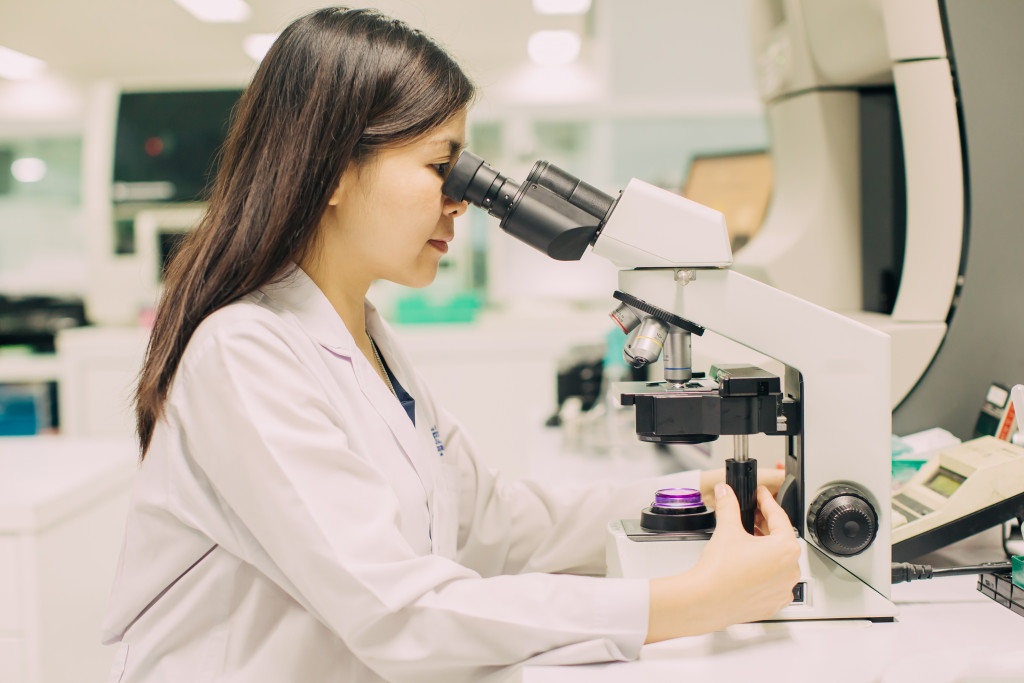Staying on top of your health by getting routine check-ups and screenings is crucial. You may be at risk for certain conditions or diseases depending on your age, gender, and family history. By getting the recommended medical testing and screening, you can catch these health problems early, when they’re more easily treatable.
If you want to stay on top of your health, here are some of the most important medical tests you shouldn’t miss during your next routine check-up.
Blood Pressure Screening
According to the Centers for Disease Control and Prevention (CDC), one in three American adults has high blood pressure, but many don’t even know it. It often has no symptoms, so the only way to see if you have it is to get checked regularly.
The American Heart Association recommends that adults aged 18 and over have their blood pressure checked at least once every two years. If you have high blood pressure, your doctor may want to check it more often.
High blood pressure can lead to heart disease, stroke, and kidney failure if left untreated. So, early detection and treatment play a significant role. Keeping track of your blood pressure can help reduce your risk of these serious health problems.
Many risk factors for high blood pressure, such as age, weight, and family history, are out of your control. However, there are lifestyle changes you can make to lower your blood pressure, such as eating a healthy diet, exercising regularly, and managing stress. Your doctor can also prescribe medication to help lower your blood pressure if lifestyle changes aren’t enough.
Nonetheless, getting your blood pressure checked is important so you can take steps to manage it if necessary.
Cholesterol Screening
Adults 20 years or older should check their cholesterol at least once every five years. Cholesterol is the fat you can find in the bloodstream that can build up in the arteries and increase your risk for heart disease and stroke. While there are different types of cholesterol, LDL (low-density lipoprotein) is the “bad” kind that you want to keep at a low level. HDL (high-density lipoprotein) is the “good” kind that helps remove LDL from the arteries.
By checking your cholesterol, you can see your levels and take steps to improve them if necessary. Often, a healthy lifestyle is the best way to keep your cholesterol in check. Eating a heart-healthy diet, exercising regularly, maintaining a healthy weight, and not smoking can all help lower your LDL levels and raise your HDL levels.
There are also medications to help manage your cholesterol, such as statins. These drugs work by reducing the amount of LDL in your blood. However, these are maintenance drugs that only a doctor can prescribe. So, if you’re concerned about your cholesterol levels, you should talk to your doctor about your options.
Gastrointestinal (GI) Screening
Your gastrointestinal system includes your esophagus, stomach, small intestine, large intestine (colon), and rectum. It’s responsible for digesting food and removing waste from your body.
While you may not think about your GI system often, it’s essential to keep it healthy. Several GI conditions can affect your overall system and be life-threatening if left untreated. Getting screened for GI problems is vital, so you can catch them early and get treatment if necessary.
An experienced gastrointestinal specialist can guide you through the best screening options you need. Some of the most common GI screenings include colonoscopies, upper endoscopies, and stool tests.
With these tests, you look for anything abnormal, such as polyps, ulcers, or cancer. While no one likes getting poked and prodded, these screenings can be a lifesaver. Doing so can increase your chances of successful treatment and avoid more serious health complications.

Cancer Screenings
Perhaps one of the most critical screenings you shouldn’t miss is for cancer. Early detection is vital for this disease, as it can often be more manageable in the early stages.
But with so many types of cancer, it can be hard to know which screenings you need. Luckily, the American Cancer Society has guidelines for various cancer screenings based on age and risk factors. For example, all women should get mammograms and pap smear tests. On the other hand, men may need to get prostate exams and colon cancer screenings.
These are just a couple of examples, but there are many other cancer screenings you may need based on your age, gender, and family history. That’s why it’s essential to talk to a specialist about which ones are right for you. With a proactive approach, you can catch cancer as soon as possible and improve your chances of treatment.
There’s no one-size-fits-all answer when it comes to essential health screenings. But the above are some that everyone should keep in mind. So before you write off your next routine check-up, remember that these screenings could be the key to maintaining your health.




